In recent years, weight bars have become a staple in home gyms—not just for bodybuilders or powerlifters, but for anyone looking to improve strength, stability, and overall fitness. Whether you’re looking to add resistance to bodyweight routines or invest in a full body bar weight set, the right bar can make all the difference in your progress.
What Is a Weight Bar?
A weight bar is a long metal or rubber-coated bar designed to be used with or without additional weights. You’ve likely seen Olympic bars in gyms (typically 7 feet long and weighing about 45 lbs), but many home users turn to more compact, versatile options such as body bars or weighted workout bars.
Types of Weight Bars and Their Uses
-
Body Weight Bar (aka Weighted Body Bar)
These are often coated with rubber and come in fixed weights ranging from 4 to 36 pounds. They’re excellent for total-body conditioning, balance training, and high-rep strength circuits. A solid pick for beginners and functional fitness enthusiasts. -
Standard Weight Bar
These typically weigh around 15–25 lbs and fit standard-sized weight plates (usually with 1-inch holes). They’re great for exercises like bench press, curls, or rows at home. -
Olympic Bars
Used in serious strength training, these weigh around 45 lbs and have rotating sleeves to reduce wrist strain during lifts like cleans or snatches. -
EZ Curl Bars and Specialty Bars
Ideal for targeting specific muscle groups. Shorter and shaped differently for more ergonomic grips during biceps or triceps work.
How Much Does a Weight Bar Cost?
Prices vary depending on the type, quality, and brand. A basic body bar might cost around $30–$60, while a solid Olympic bar can range from $100 to $300 or more. Specialty bars, such as trap or safety squat bars, may cost even more due to their construction and niche use.
My Experience: Why I Chose a Body Bar First
When I first set up my home gym, I didn’t have much space or experience with heavy lifting. I started with an 18-lb body bar. It was user-friendly, easy to store, and versatile enough for lunges, squats, presses, and core work. That bar helped build my base strength and confidence before I moved on to using a full barbell setup.
What Weights Go on a Bar?
If you’re buying a traditional weight bar, you’ll need compatible weight plates. These typically come in:
-
Standard plates (1-inch hole diameter)
-
Olympic plates (2-inch hole diameter)
Make sure your bar and plates match in size. Add-on clips or collars are used to secure the weights in place during your lifts.
Where to Buy a Weight Bar
There are several reliable places to shop for workout bars, whether you’re starting small or going big:
-
Online retailers: Amazon, Rogue Fitness, Titan, and local sporting goods stores often carry everything from body bars to Olympic-grade equipment.
-
Second-hand marketplaces: For budget-friendly options, check Facebook Marketplace, Craigslist, or local gyms offloading equipment.
-
Specialty fitness brands: Many offer premium, lifetime-warranty bars designed for serious lifters.
If you're searching phrases like body bar for sale or buy weighted bar, compare reviews, weight tolerance, and grip texture before purchasing.
Final Thoughts
The right weight bar isn’t just about lifting more—it’s about making your workouts more effective and enjoyable. Whether you're just starting out or upgrading your gym setup, there’s a bar to match your needs. Start with what fits your current fitness level and grow from there—your body will thank you for it.


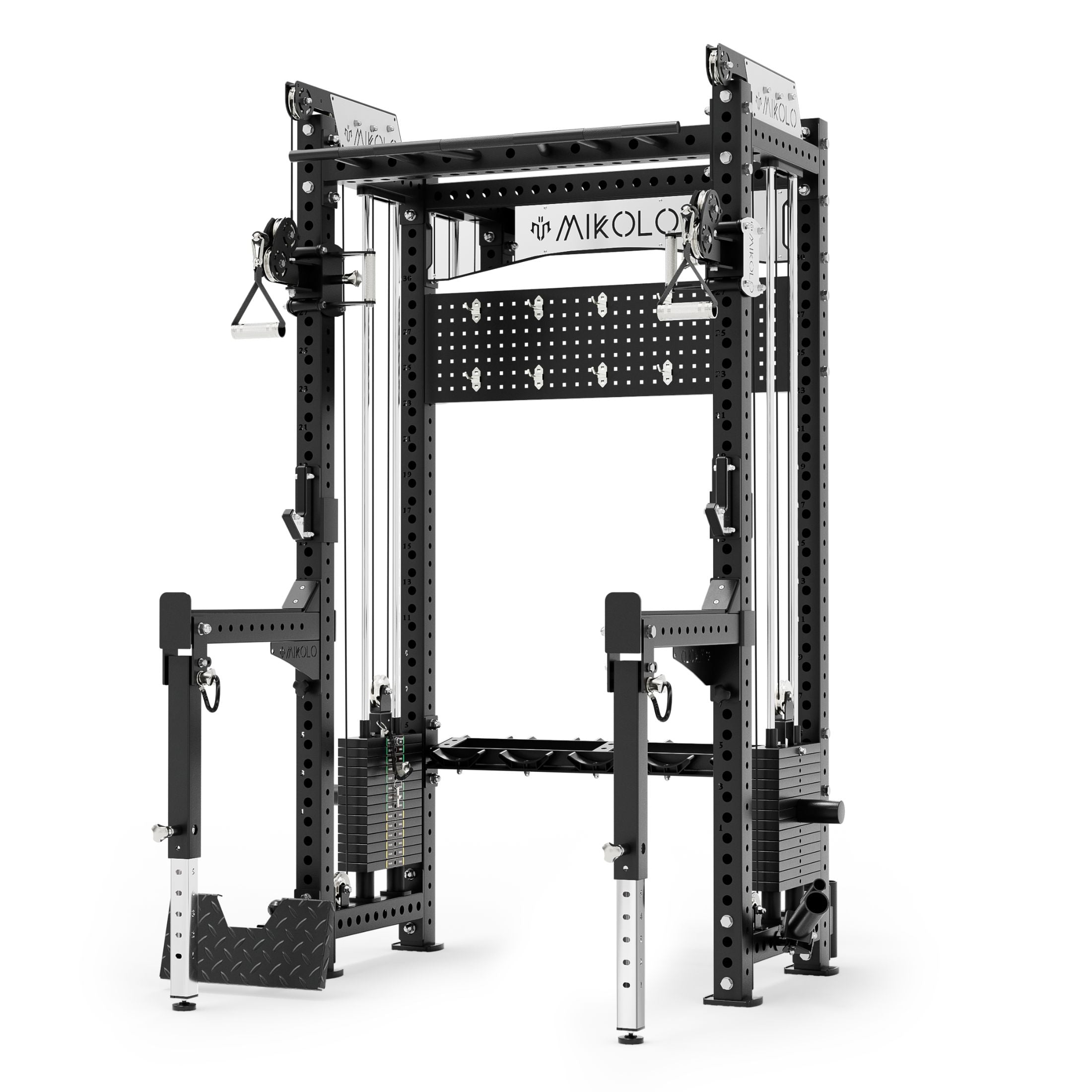
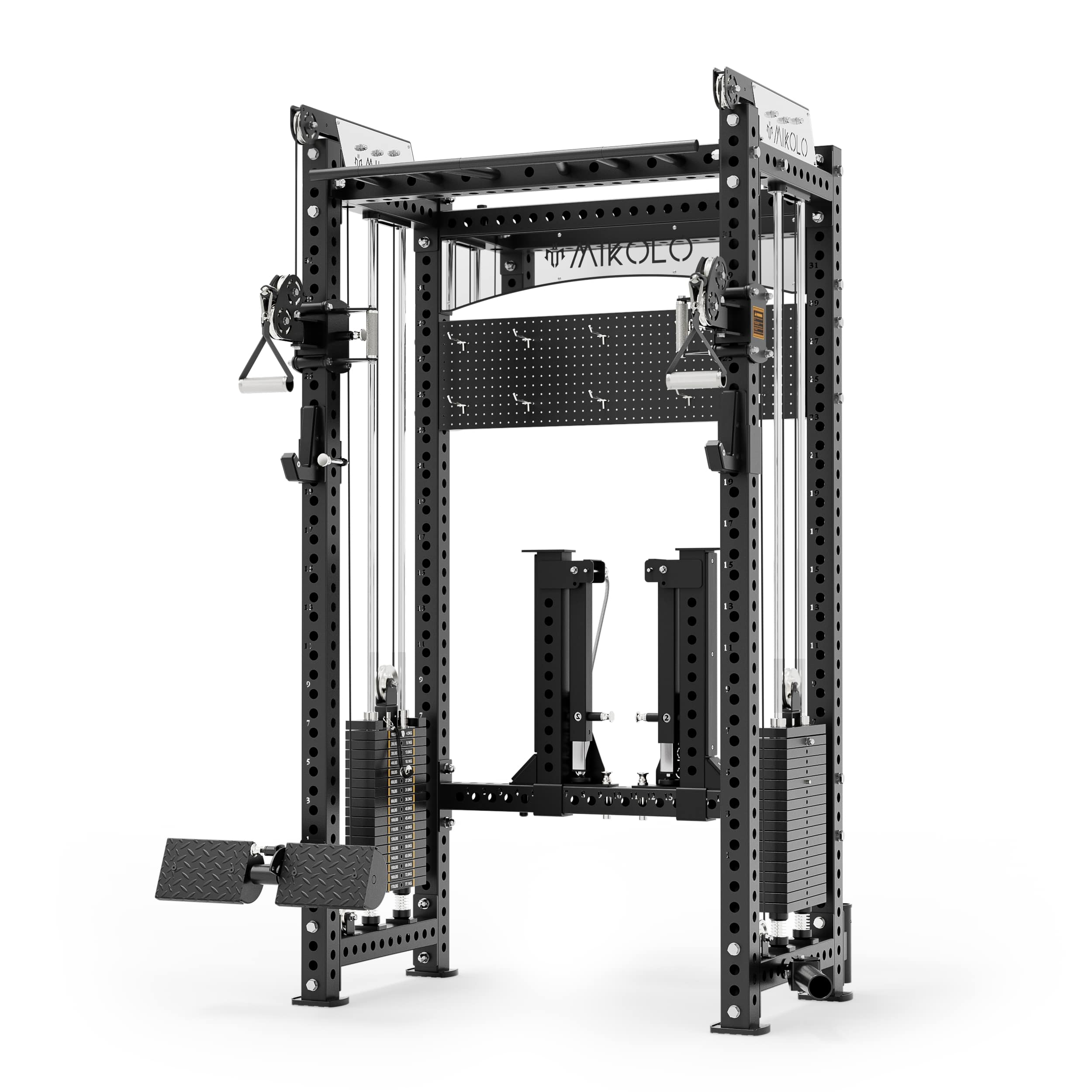
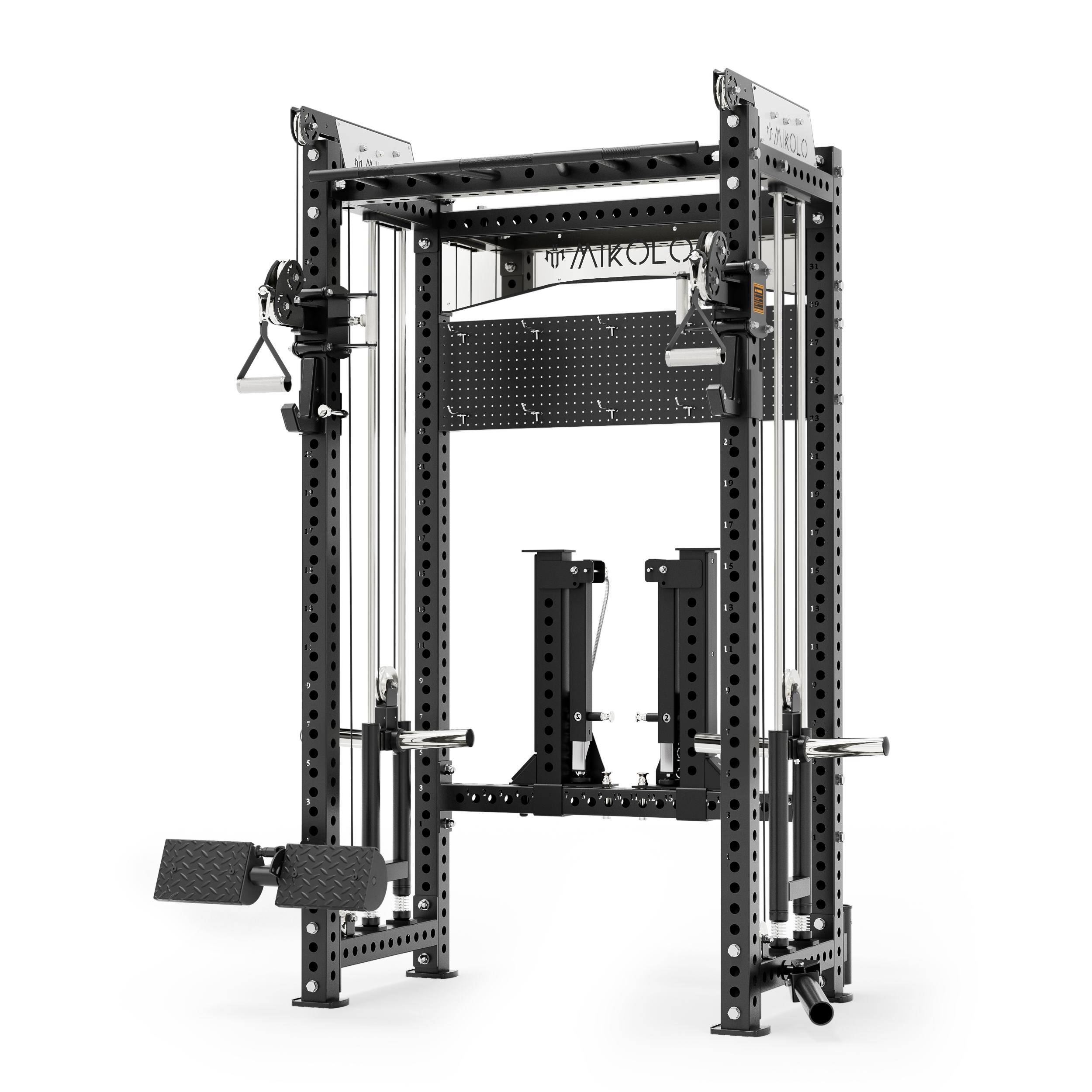


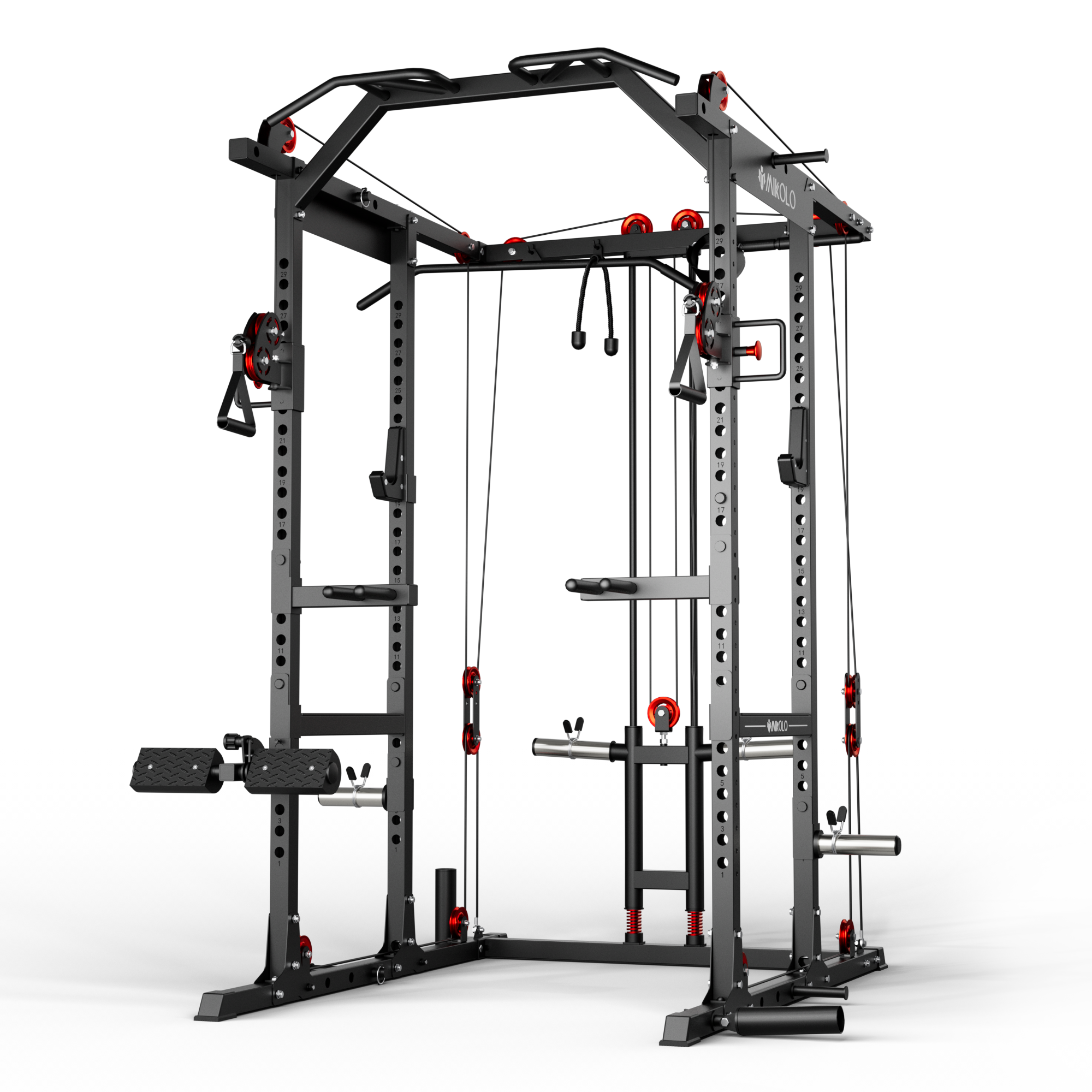


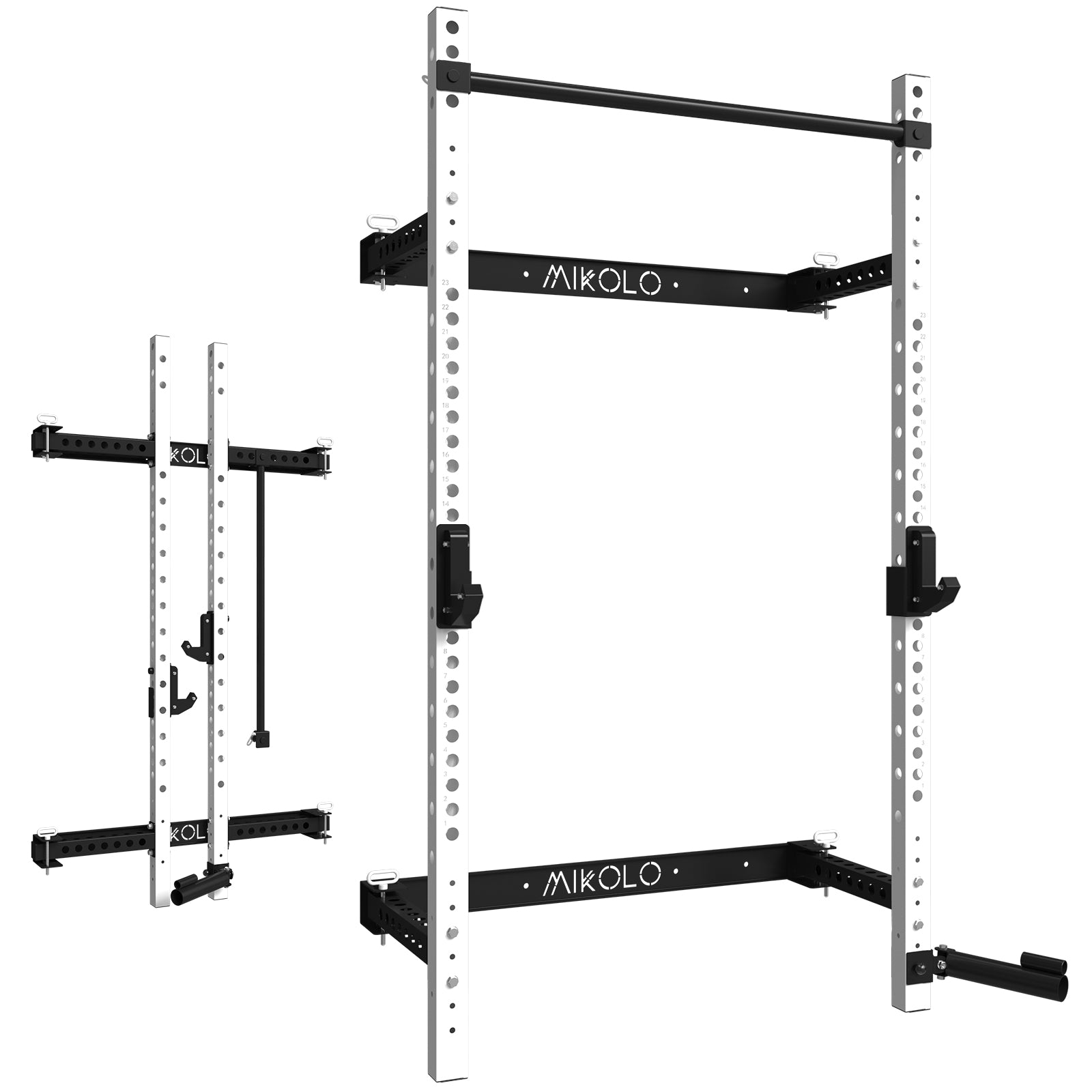


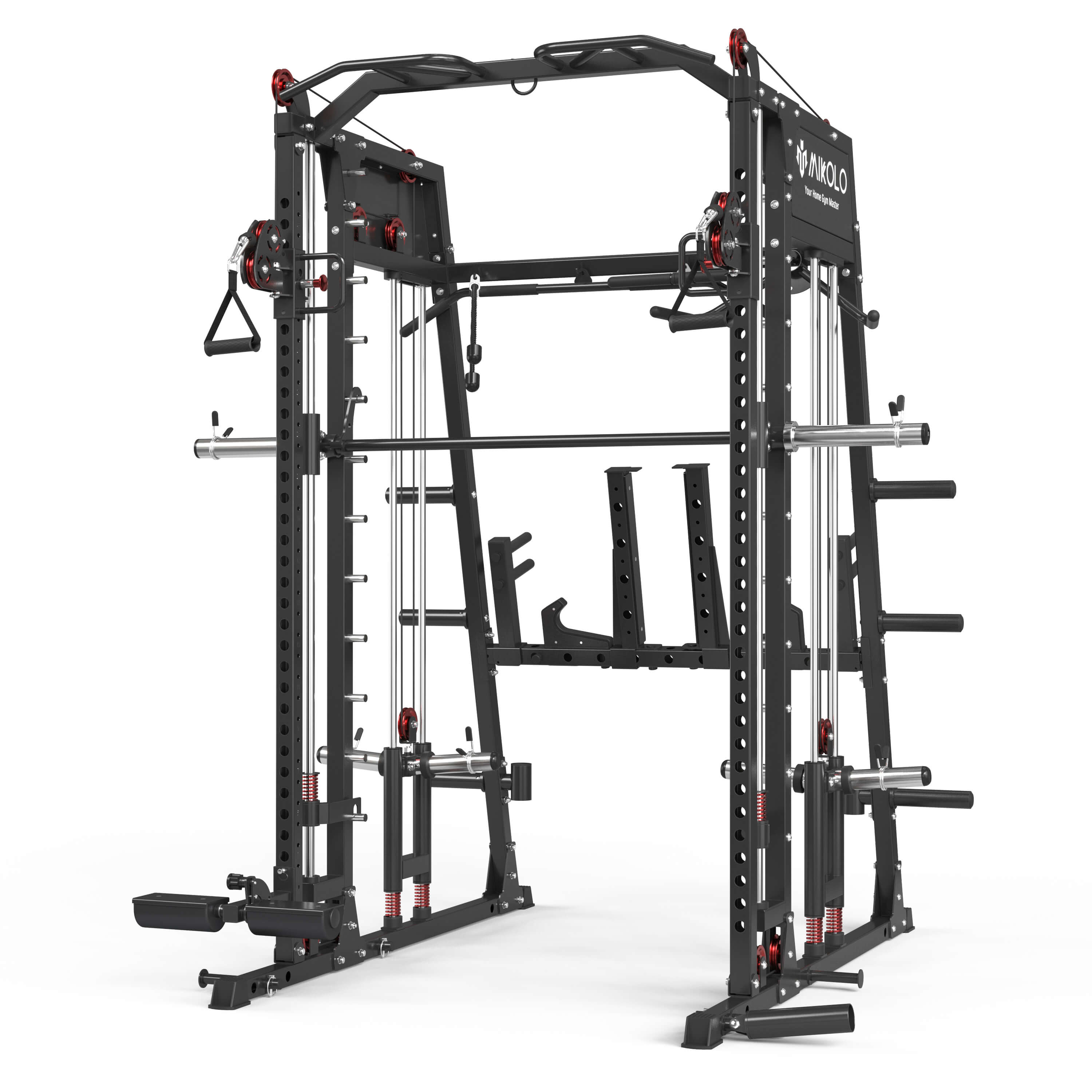
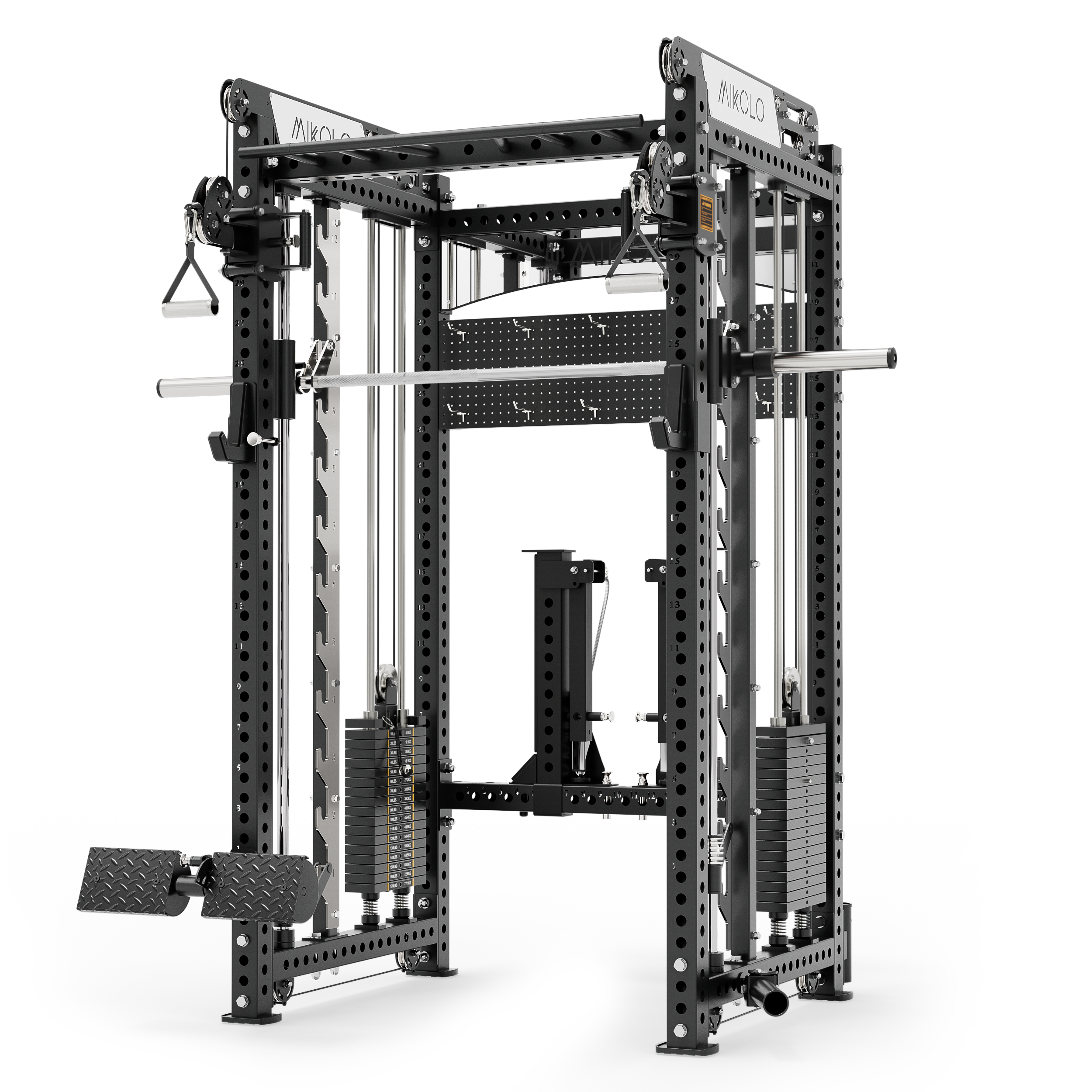
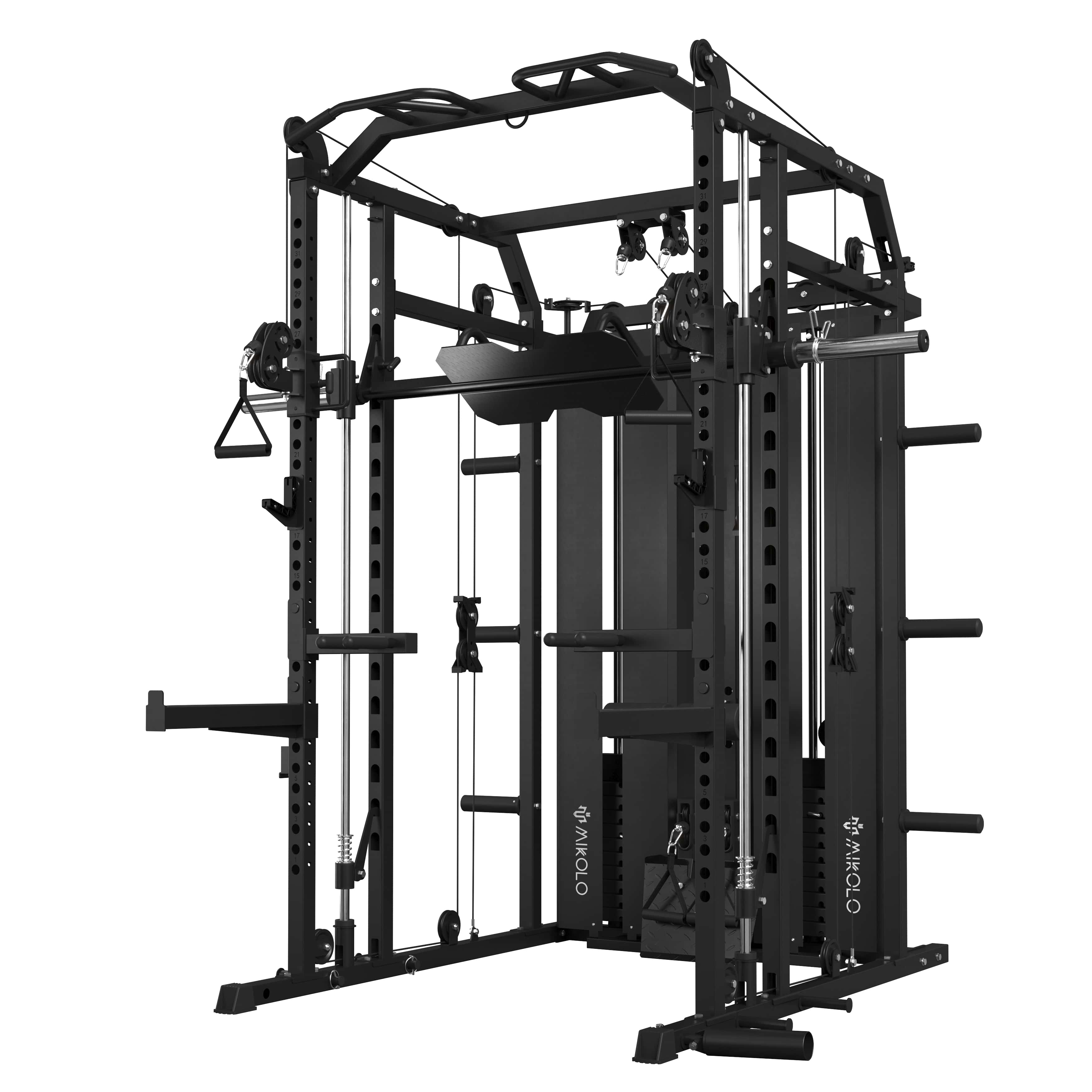
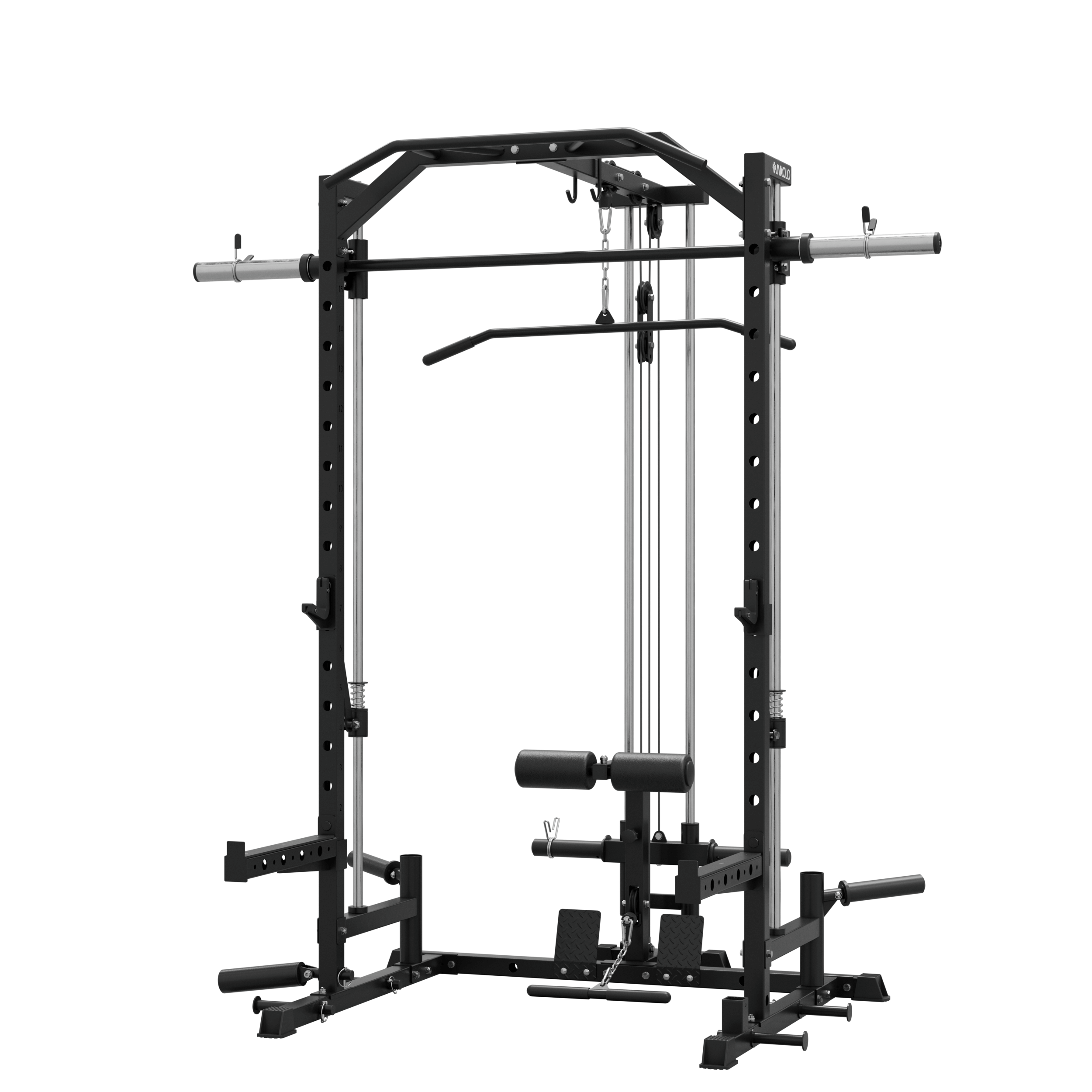
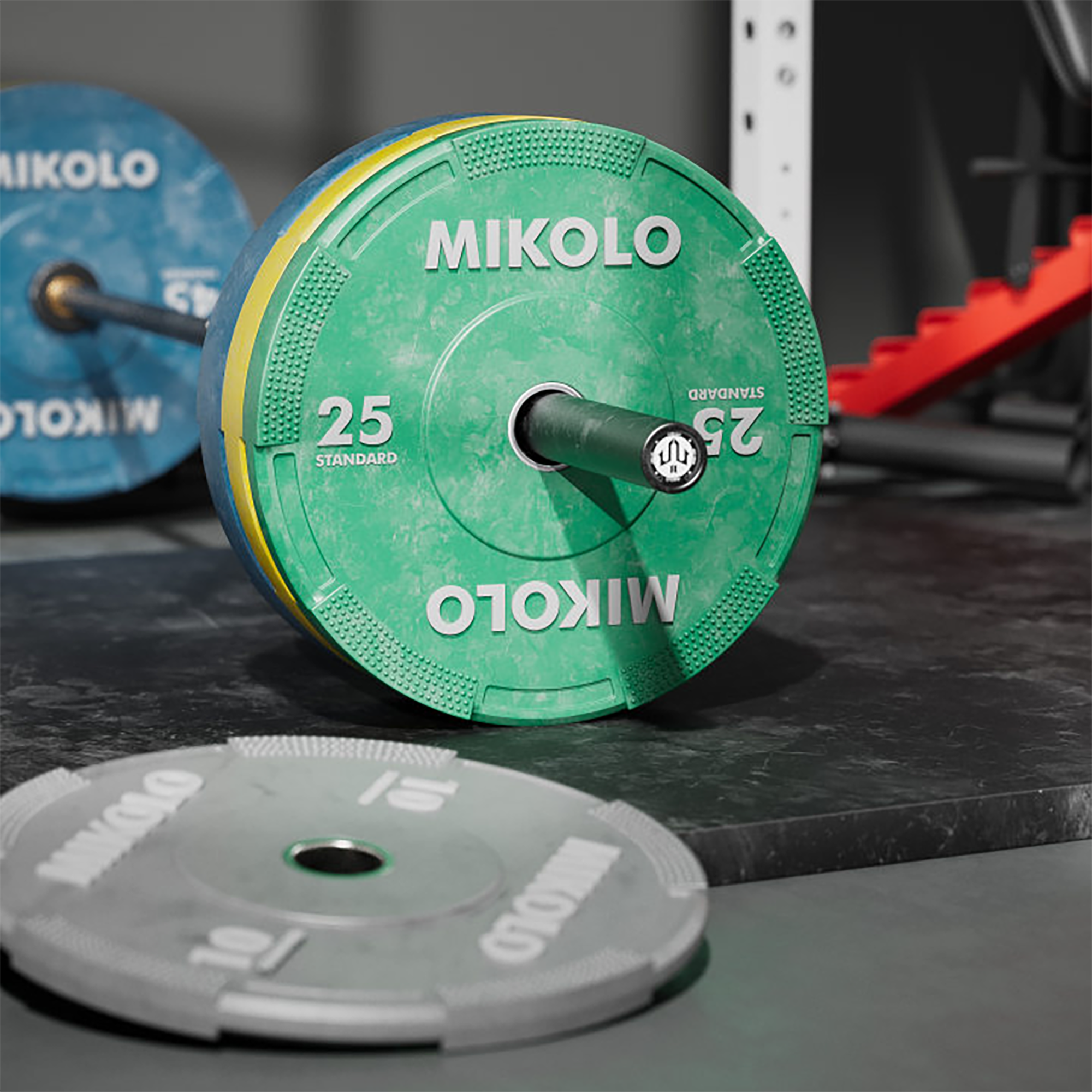


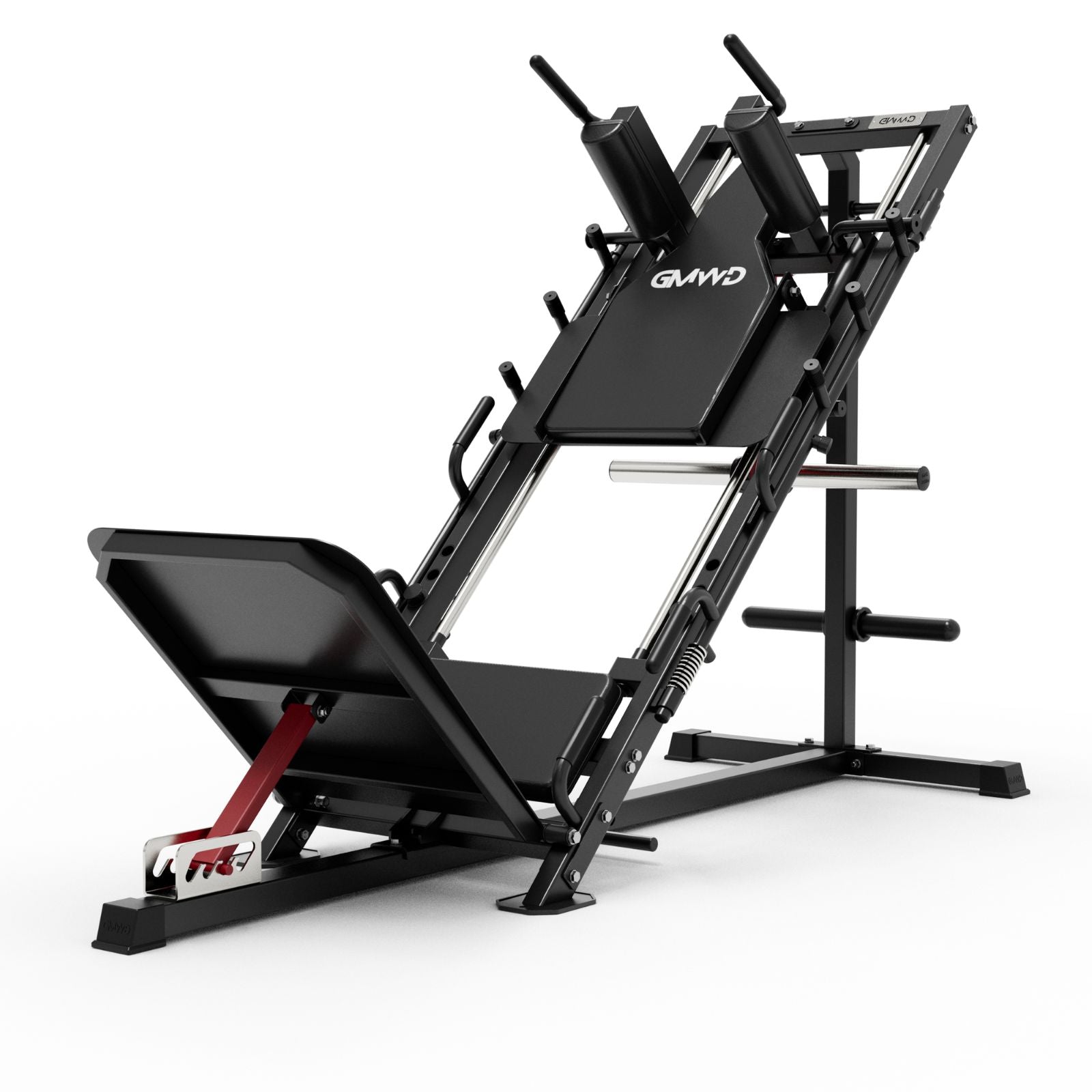


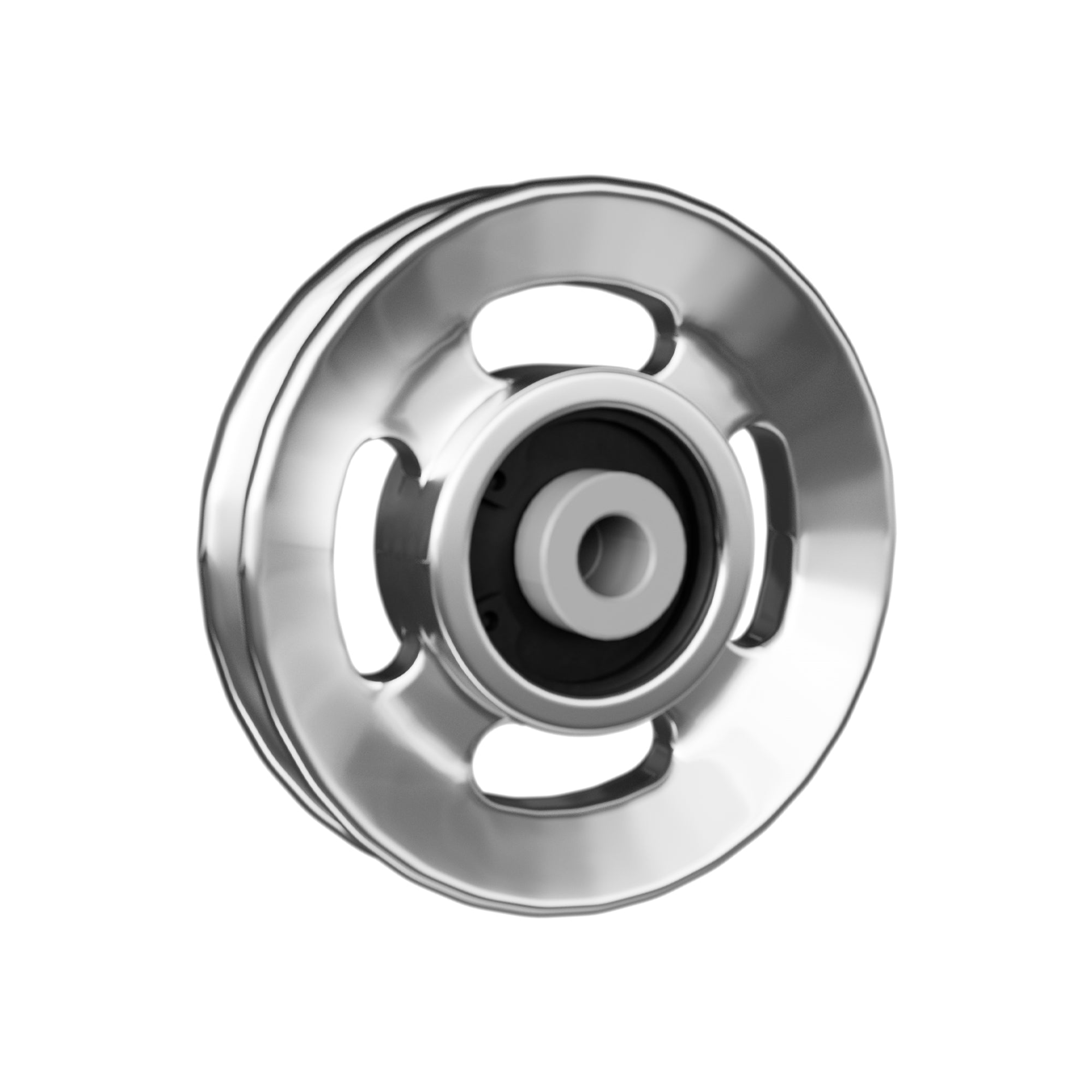
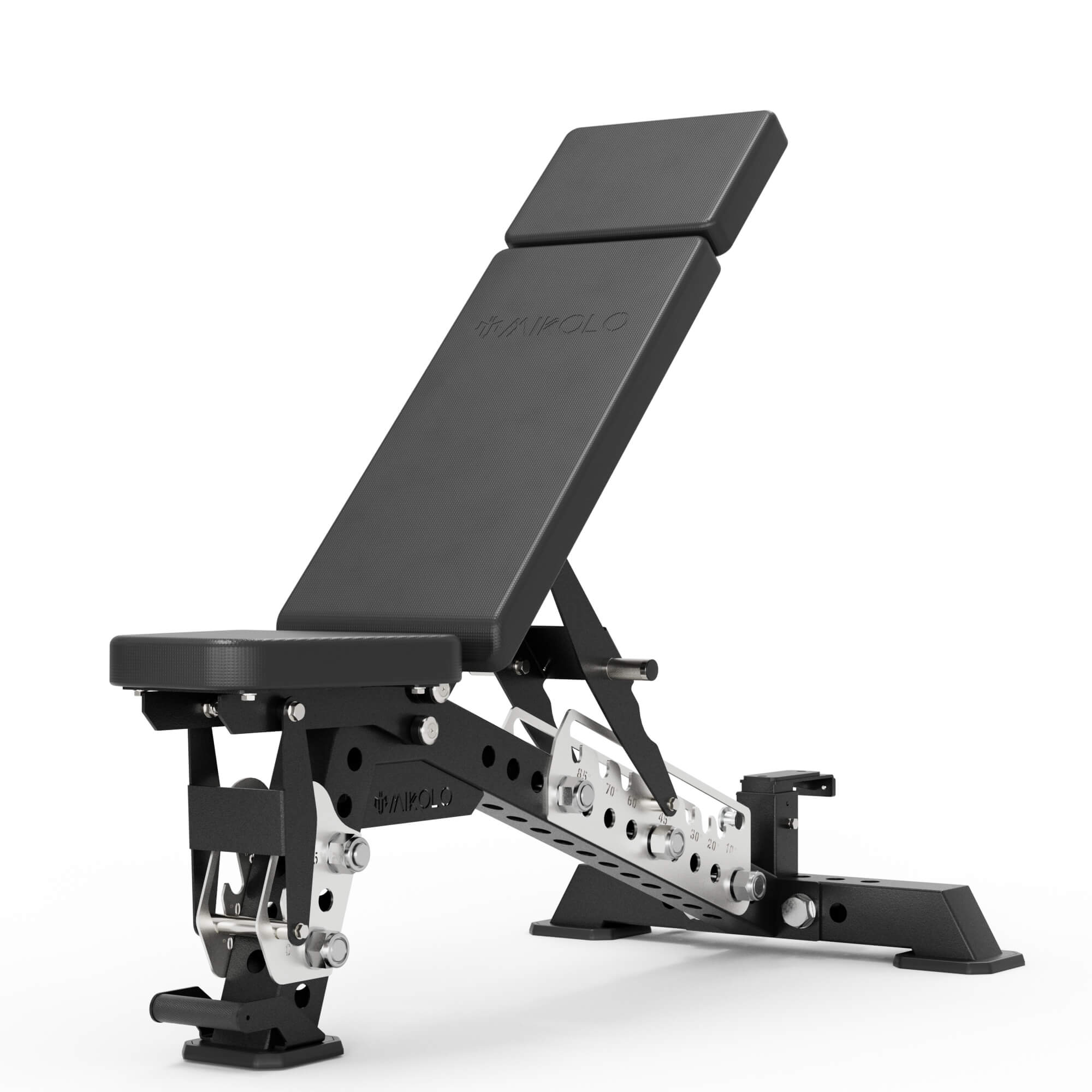
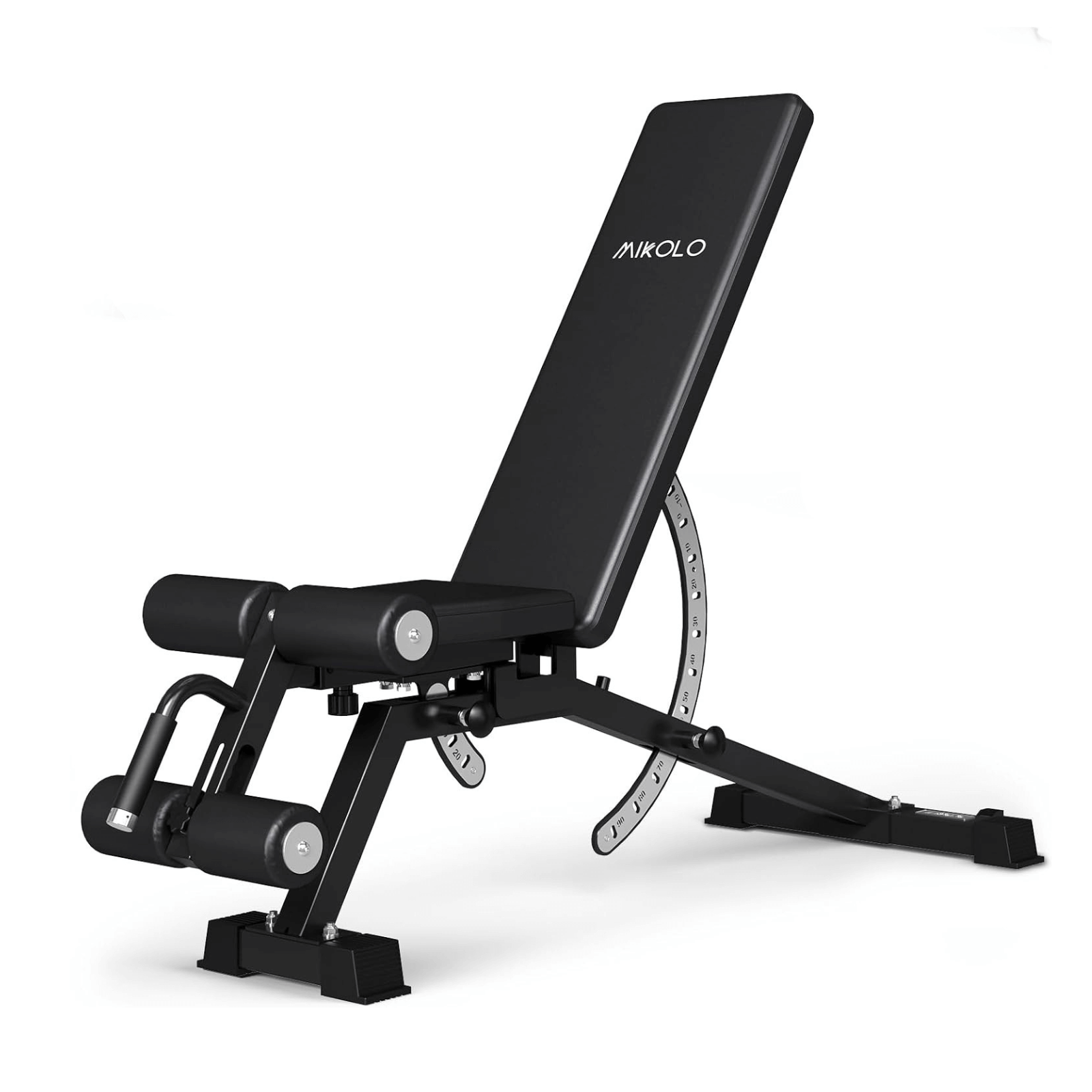



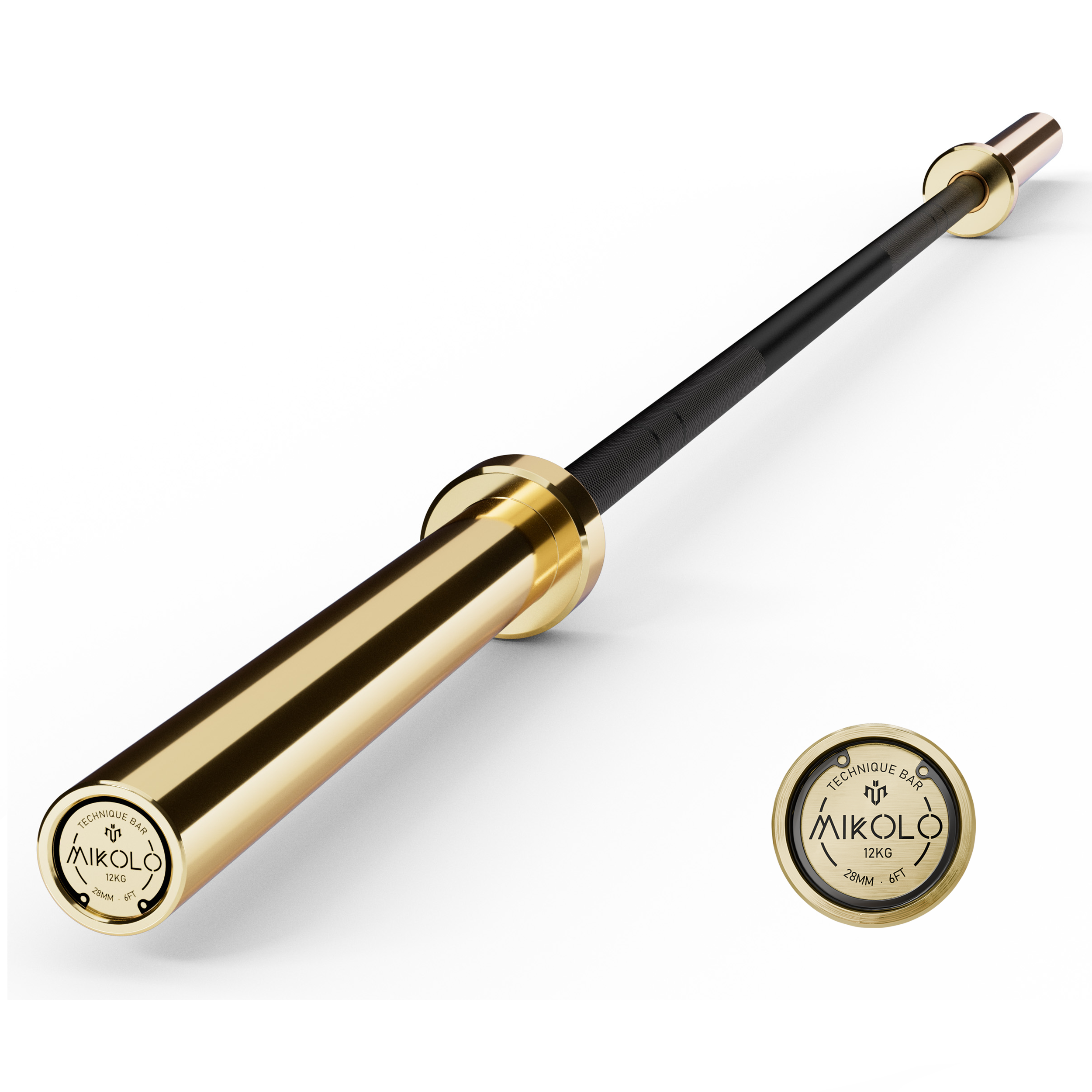
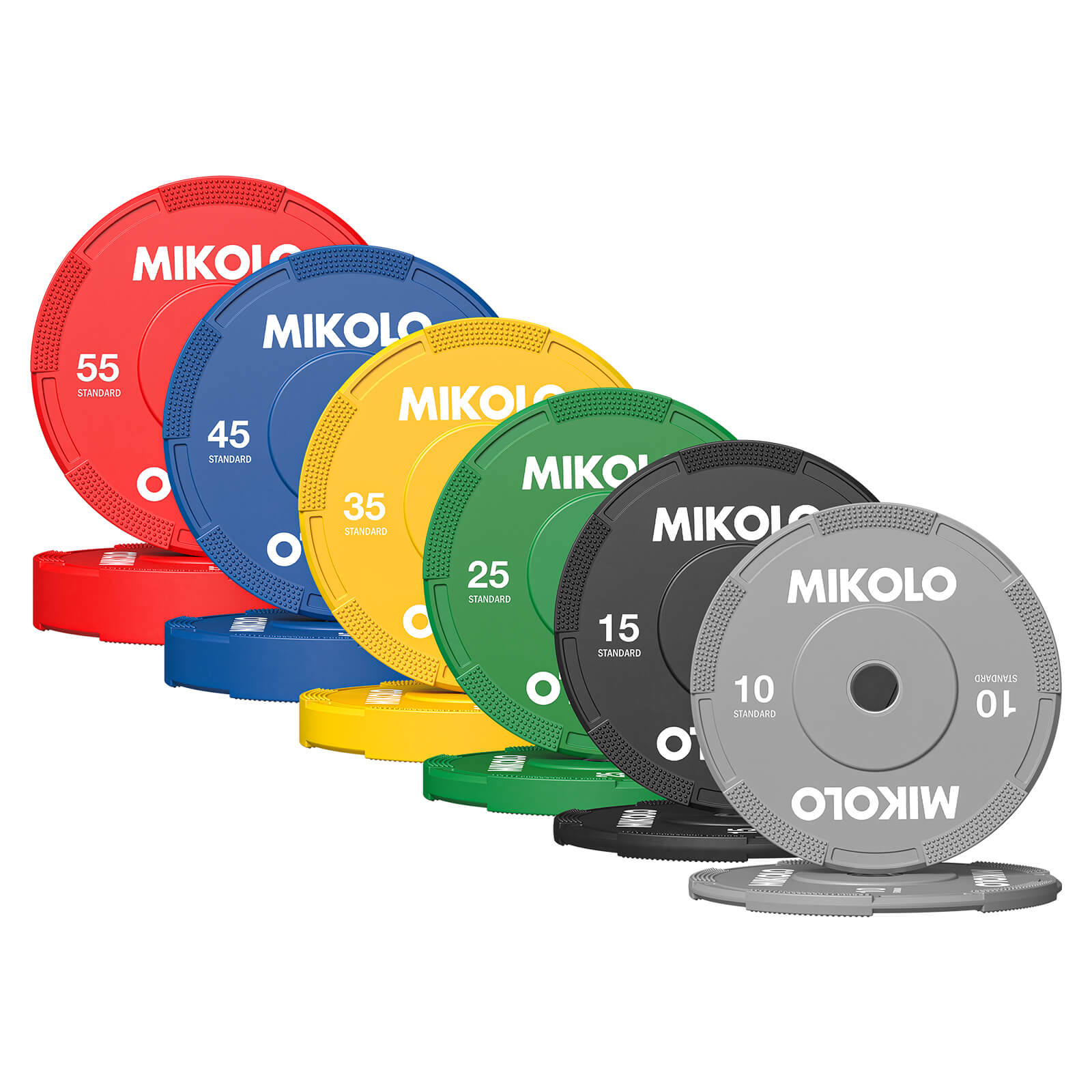

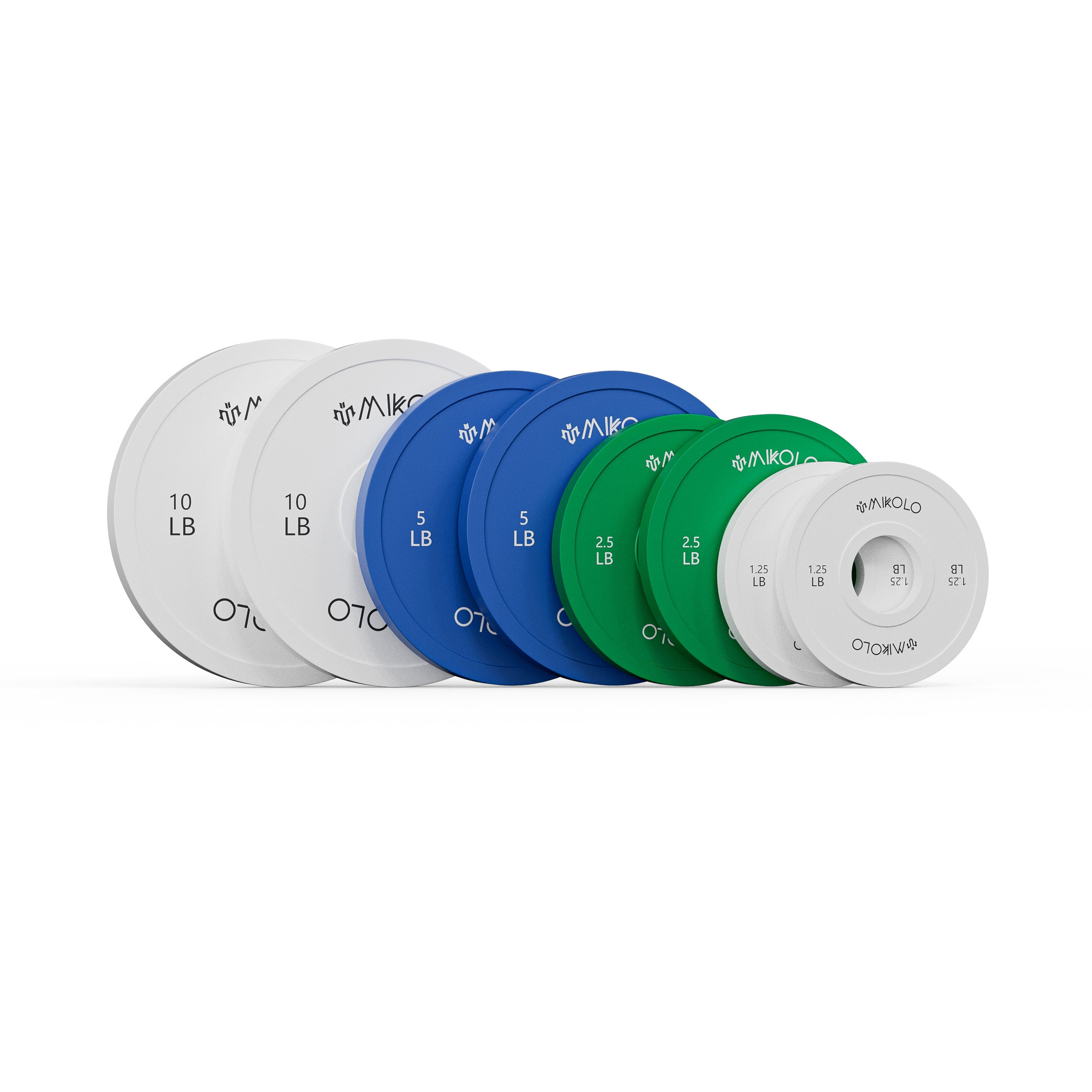

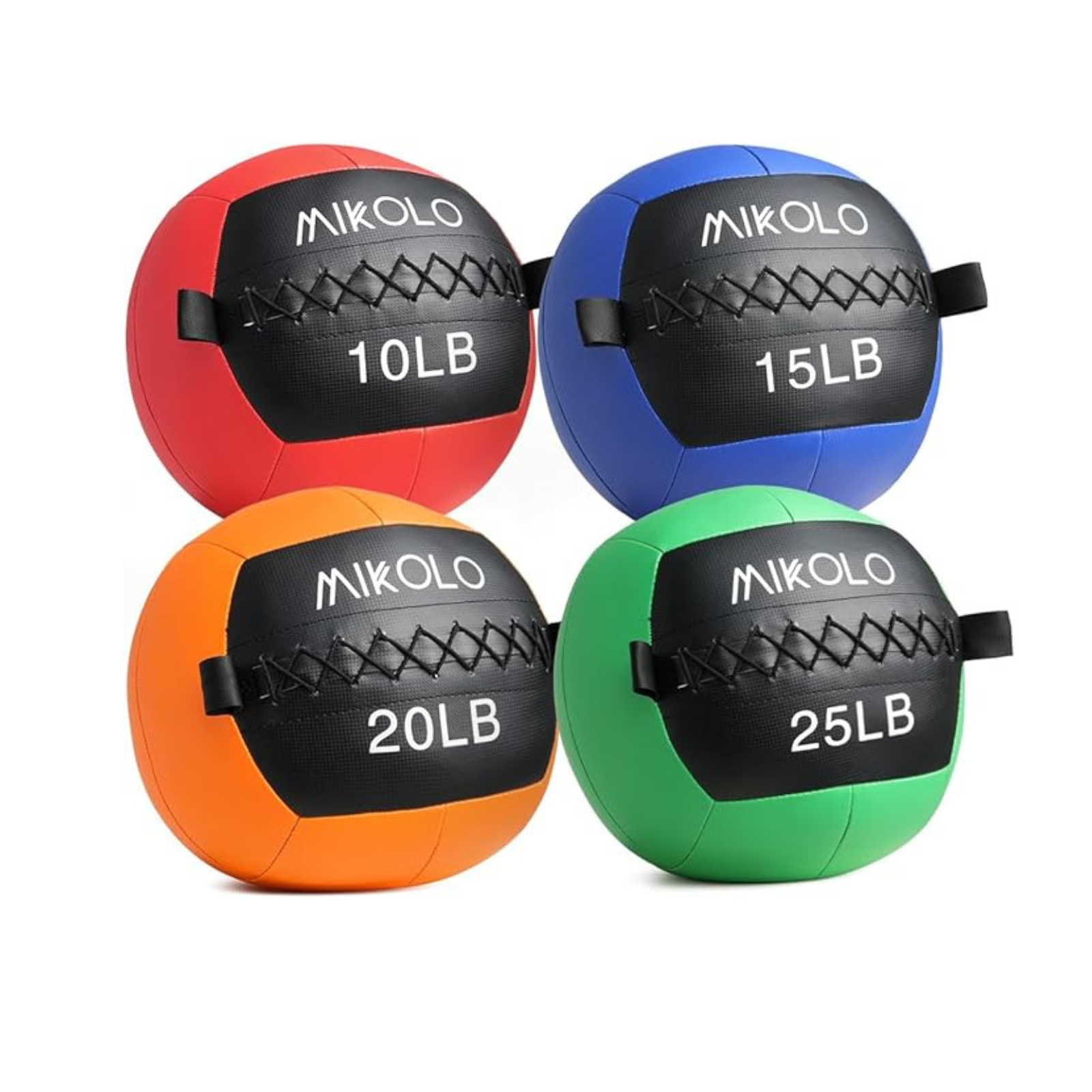
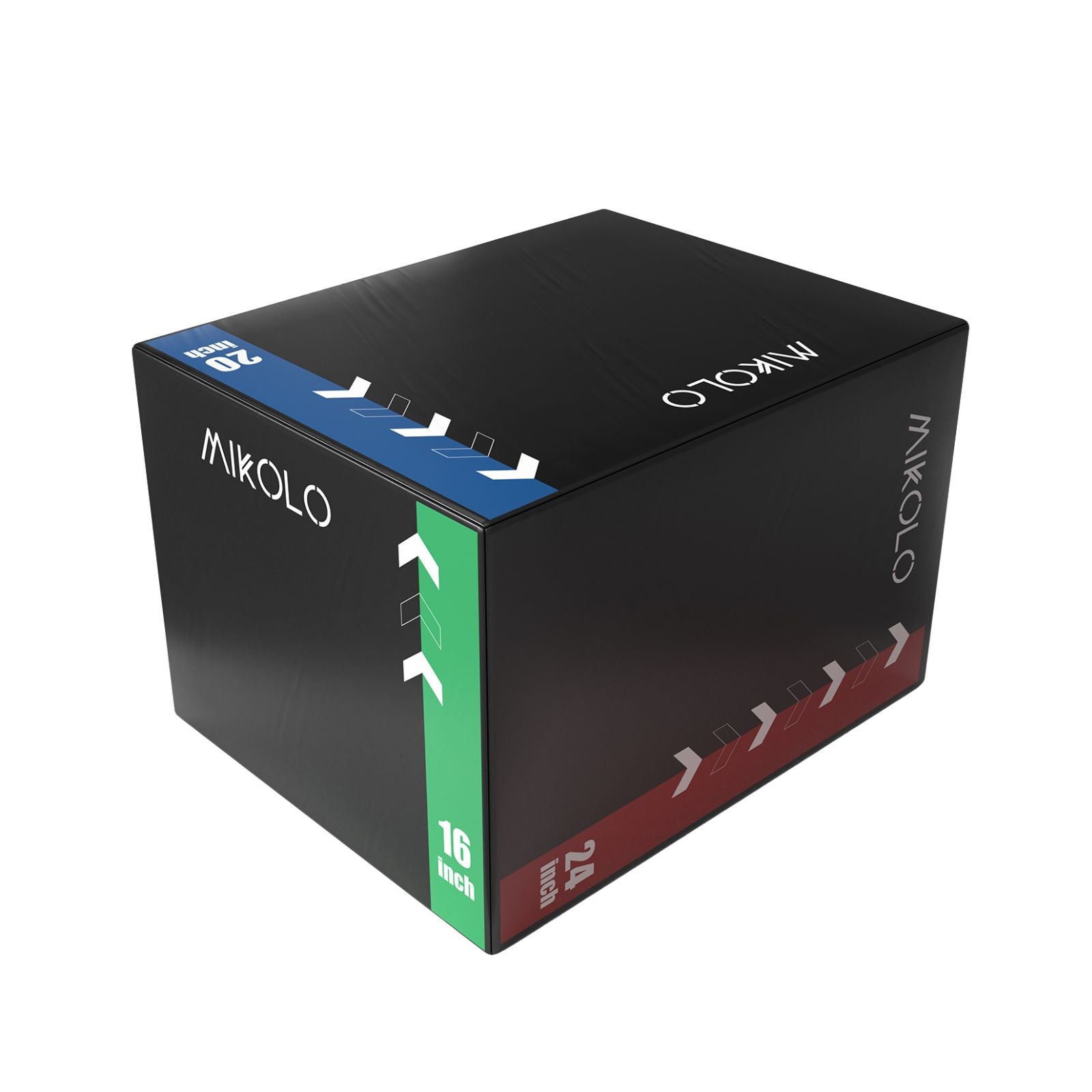






Leave a comment
This site is protected by hCaptcha and the hCaptcha Privacy Policy and Terms of Service apply.